Assistive Technology - Memory Aids

When someone is diagnosed with a neurodegenerative disease such as Alzheimer’s, Parkinson’s, or other forms of dementia, it is expected that symptoms like memory loss and cognitive decline will progress gradually over time.
As these changes develop, individuals may find it more challenging to manage daily routines and tasks. However, with the right support, independence and quality of life can still be maintained.
Today’s market offers a variety of assistive tools and memory aids that are designed not only to support safety and routine but also to reduce stress for both the individual and their caregivers.
Here are some simple yet powerful solutions that can make a real difference:
• Whiteboards
A whiteboard placed in a common area (like the kitchen or hallway) can be an excellent tool for writing daily schedules, appointments, or reminders. It's easy to update and visually accessible throughout the day.¹
• Large Print Calendar
Calendars with large, bold fonts help track the date and day of the week — especially important when time disorientation sets in. Having space to write in appointments can further support routine and structure.
• Large Display Clocks with Reminders
Time-related confusion is common in many neurodegenerative conditions. Clocks like the Robin Day Clock feature large text, AM/PM indicators, and built-in reminders, helping reduce anxiety around mealtimes, medications, and activities.
• Automatic Pill Dispensers
Managing medications can become overwhelming. Automatic dispensers are designed to sort and release pills at the correct time, ensuring correct dosage while reducing caregiver burden. Some even offer alarms or alerts.²
• Journals & Daily Logs
Encouraging the use of a journal or daily notebook can help with recalling events, jotting down reminders, or even processing emotions. It also creates a written history that caregivers can reference if needed.
These tools are more than just gadgets; they are lifelines for autonomy.³ Whether it’s remembering to take medication, knowing what day it is, or simply feeling oriented in time, small supports can have a big impact.
If you’re supporting someone living with memory loss, consider introducing one or more of these aids gradually. They might seem simple, but they offer a reassuring structure in a world that can often feel confusing.
References:
1) https://www.ncbi.nlm.nih.gov/pmc/articles/PMC6180589/


